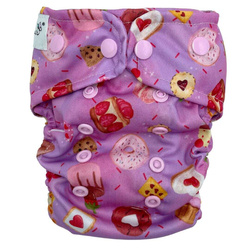How Reusable Diapers Affect Your Child's Development
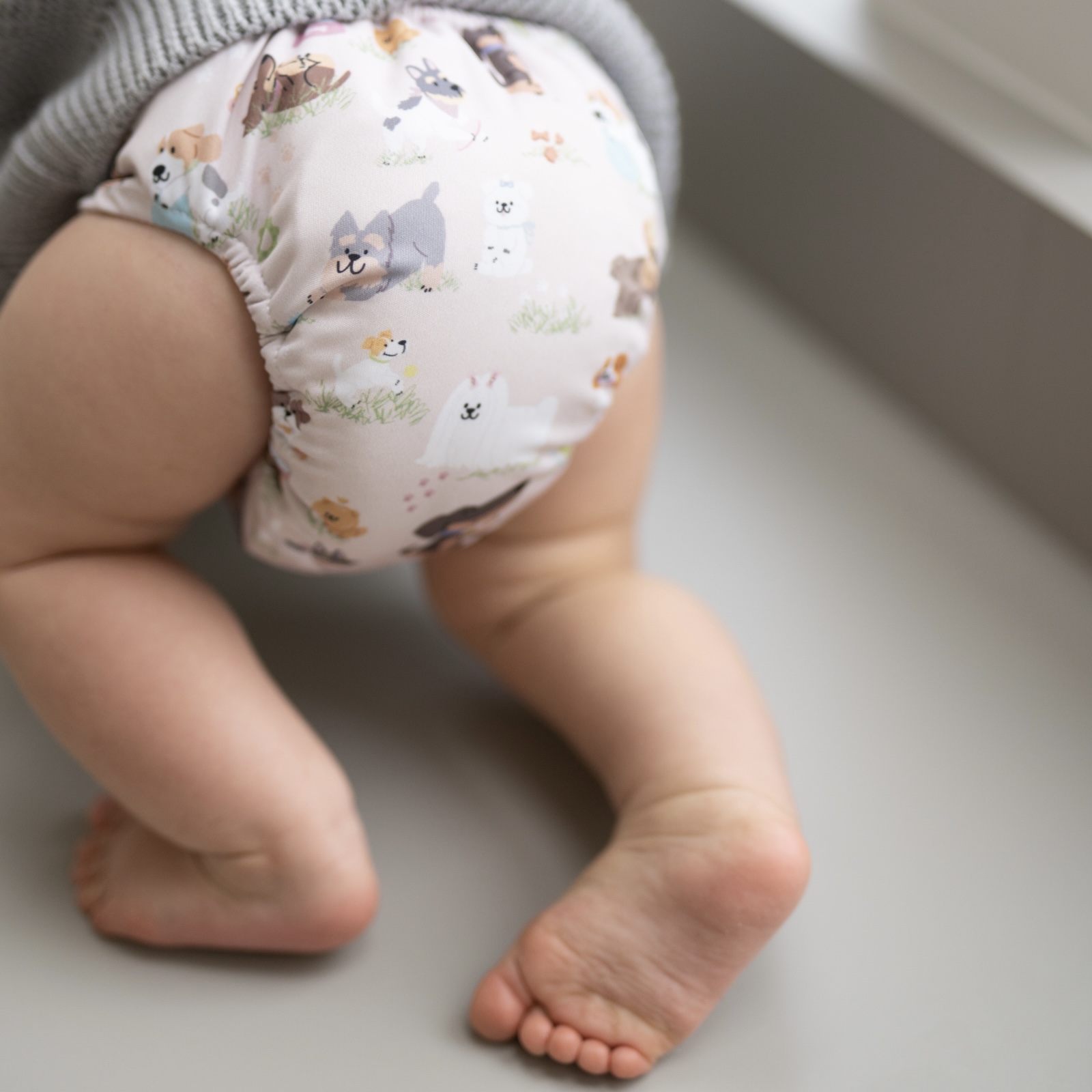
How Reusable Diapers Affect Your Child's Development
Many parents wonder which diapers are best for their child—disposable or reusable? Beyond environmental and financial considerations, it's worth thinking about how the choice of diapers affects a child’s development. Interestingly, reusable diapers can have positive impacts on various aspects of a child’s physical and emotional growth.
1. Supports Motor Development
Reusable diapers are typically a bit thicker than disposable ones, which makes the child more aware of wearing a diaper. This, paradoxically, can positively influence motor development, especially when learning to walk. A thicker diaper forces the child to control their movements and balance more, which may improve coordination.
2. Faster Potty Training
Because reusable diapers don’t keep moisture away as effectively as disposables, children become more aware when they're wet. This can help a child more quickly recognize the signals their body sends and encourage faster potty training. Unlike disposable diapers, which can make a child comfortable even after prolonged wear, reusable diapers teach them that moisture means it’s time for a change.
In the newborn period, when there is no need for the baby to feel moisture, you can use the "dry bum" insert, which effectively isolates the baby's skin from urine.

3. Sensory Development
Reusable diapers made from natural materials like cotton, bamboo, or hemp offer a different tactile experience than synthetic disposable diapers. Contact with natural fabrics can positively affect a child’s sensory development, especially in the early months of life, when they explore the world through their senses.
4. Skin Health
Reusable diapers, because they are made from breathable materials, allow better airflow around the child’s skin. This can reduce the risk of rashes and irritations, which can impact the child’s overall well-being and emotional development. Healthy skin not only provides comfort but also reduces stress from uncomfortable sensations.
5. Instilling Ecological Awareness from an Early Age
While children aren’t able to understand the environmental impact of their choices right away, parents who use reusable diapers often make other eco-friendly decisions. Introducing a child to an eco-conscious lifestyle from the earliest months can encourage them to be more environmentally aware as they grow. Children learn by example, and reusable diapers can be one of the first steps in teaching eco-responsibility.
Conclusion
Reusable diapers offer several benefits that influence a child’s development. They support motor skills, speed up potty training, promote skin health, and provide better sensory experiences. Additionally, they introduce the child to an eco-friendly lifestyle, which can have long-term benefits. It’s worth considering reusable diapers not only for environmental reasons but also for the healthy, harmonious development of your child.
Recommended
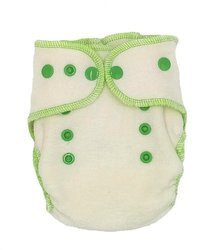
Bamboo Fitted Diaper
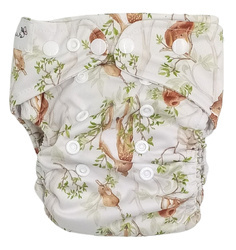
Pocket diaper DAY IN THE FOREST
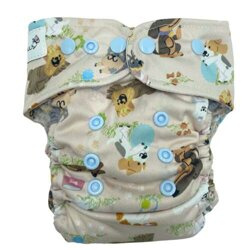
AIO (all in one) Diaper Mini OS 5-11kg - PUPPIES
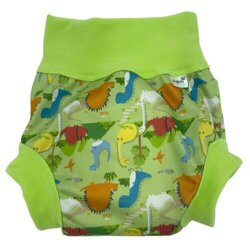
Pull-Ups DINOSAURS
